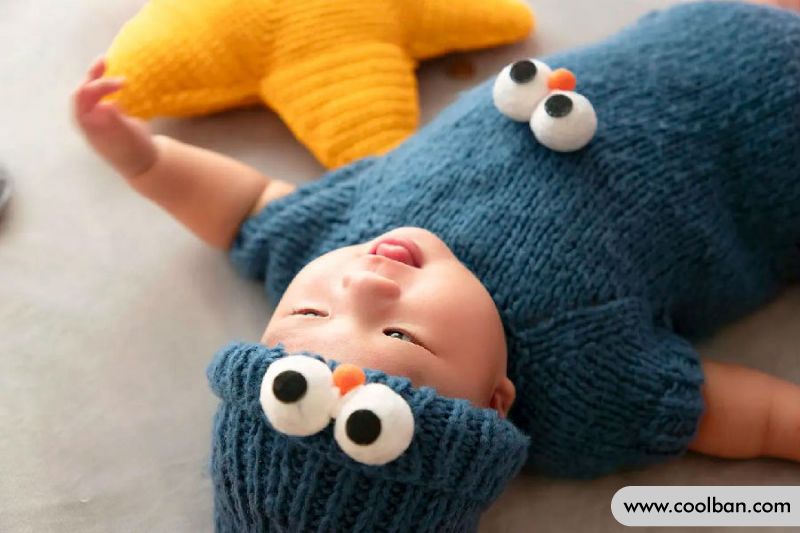Abnormal symptoms of baby teething? What should I do if I have a fever?
Abnormal symptoms of baby teething
Symptom 1: Mild fever. Teething itself doesn't cause a fever, but your baby may experience itchy gums when they're teething and like to bite to ease the discomfort. If your baby chews something dirty, it is easy to get a bacterial infection and cause a fever.
Symptom 2: Diarrhea. Because of the discomfort caused by teething, teething babies always like to grab things and stuff them into their mouths, which can easily lead to bacterial infections and diarrhea.
Symptom 3: Bleeding gums. Sometimes baby teething can cause bleeding inside the gums, forming bruising sarcomas. But mothers don't have to worry, it will naturally decompose and recover. If you are really worried, mothers can also apply cold compresses to the baby's gums, which can reduce pain and relieve internal bleeding.
Symptom 4: Scratching ears, rubbing cheeks. Gum pain can travel down the nerves to the ears and jaw, especially if the molars are long, so your baby may scratch his ears or cheeks while he's teething.
Symptom 5: Waking up easily and crying. Babies often stay up late due to discomfort caused by teething. If the baby suddenly wakes up at night, the mother should not rush to breastfeed, but first see if the baby can settle down on her own. This usually happens when the first tooth and molars grow.

What to do if the baby has a fever when teething
In the first few days of the baby teething, the child may have some abnormal performance, such as crying, increased salivation, like to bite fingers and hard things, poor sleep, loss of appetite, etc. Fever, mild diarrhea, and possibly congested and swollen parts of the gums. Generally speaking, the above phenomenon lasts for 3 to 4 days, and the deciduous teeth will break through the gums and erupt. Some babies have late teeth, which does not mean that there is a physical problem. The deciduous teeth that have just erupted cannot be eaten yet, so hard food cannot be given to the child, and the mother should not let the child sleep with the nipple on. The normal child's basal body temperature is 36.9 ℃ ~ 37.5 ℃. Generally speaking, when the body temperature exceeds the basal body temperature by more than 1°C, it can be considered as a fever. Among them, low fever refers to the fluctuation of body temperature around 38°C, and high fever refers to the body temperature above 39°C. Fever that persists for more than two weeks is called long-term fever.
The above-mentioned basal body temperature refers to the rectal temperature, which is measured from the anus. Generally, the oral temperature is 0.3-0.5°C lower than the oral temperature, and the axillary and neck temperatures are 0.3-0.5°C lower than the oral temperature.
If the baby's 38.1 degrees is measured from the anus, it is a low-grade fever. If measured from the neck or armpit, the rectal temperature is around 38.7 degrees to 39.1 degrees, which is already a high fever.
The principle is below 38.5 degrees, do not take antipyretics, take antipyretic injections, and give your baby plenty of water. Pay attention to whether the ambient temperature is too high. The summer is hot and the temperature is very high, and the baby's ability to regulate body temperature is very poor. However, this fever usually doesn't last long. Put the child in the shade to cool off a bit, give the child a cool juice, or give the child a hot bath. After a few hours, the body temperature will return to normal levels. In winter, if the indoor temperature is too high and the baby is wrapped too much, the baby's body temperature will also rise.
If the high fever is above 38.5 degrees, immediately ask a doctor to confirm whether it is a viral infection or a bacterial infection. Antiviral drugs are used for viral infections and antibiotics are used for bacterial infections. Don't rush to reduce the fever, the fever is just a symptom, and the cause must be found out. The key is to prescribe the right medicine, not heavy medicine.
